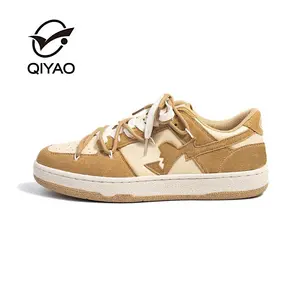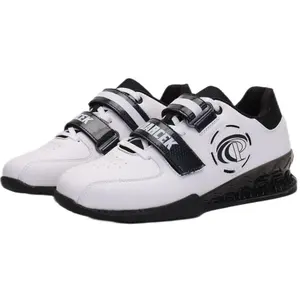
The Indian footwear market is a significant segment within the country's economy, characterized by a diverse range of products catering to various consumer needs. Footwear in India serves not just the purpose of comfort and protection but has also become a marker of style and social status. The market has seen a shift towards products that offer a blend of comfort and fashion, with technical innovations in materials and design. The demand spans across different categories, including formal, casual, and athletic footwear, reflecting the country's changing lifestyle dynamics.
India's rapid urbanization has been a key driver for the footwear market, with an increased need for various types of shoes. The presence of global brands has intensified, thanks to globalization, and the rise of e-commerce platforms has made a wide array of footwear more accessible to consumers. These platforms offer the convenience of choice and easy payment methods, further fueling market growth. Additionally, a growing health consciousness has spurred the demand for athletic footwear, while rising incomes have enabled higher consumer spending on footwear.
Regionally, the market is segmented into distinct zones with South India leading in market share. The segmentation by product includes athletic and non-athletic footwear, with non-athletic varieties holding a substantial portion of the market. Material-wise, a variety of components are used, with certain materials like leather being particularly prevalent. The market also caters to a diverse consumer base, segmented into men, women, and children, with women currently being the predominant buyers in the sector.









































 浙公网安备 33010002000092号
浙公网安备 33010002000092号 浙B2-20120091-4
浙B2-20120091-4